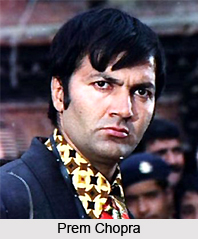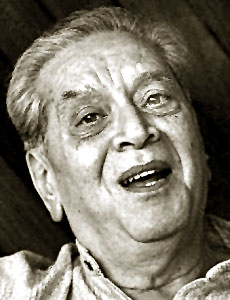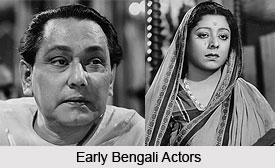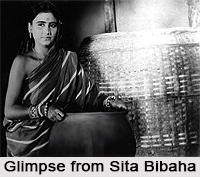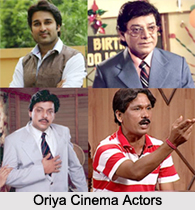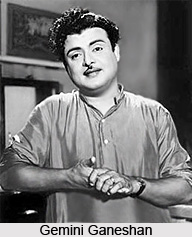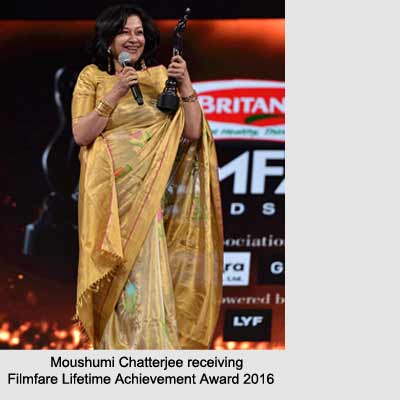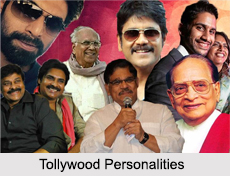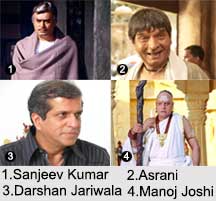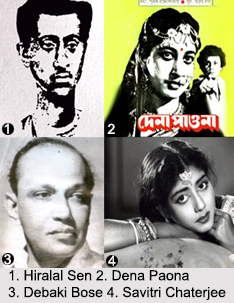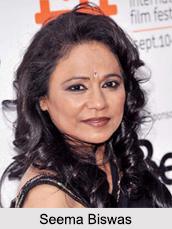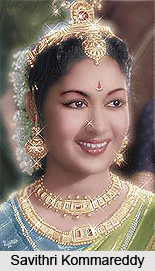Manipuri Directors are the talented congregation whose work manifests the talents of the east. Local cinematography developed late in 1971-72 and the Manipuri filmography is often remarkable for their patrimonial ethos. The usual melodrama in the Manipuri films bloomed centred around the family and of course social dramas were also in vogue.
Several outstanding Manipuri directors contributed to the growth of the Manipuri cinema. The first place of the honour goes to Aribam Syam Sharma, the keystone of quality Manipuri cinema. He has made more than 15 films, including a short film and six documentaries, many of which focus on the culture of the region. It is Imagi Ningthem (1981) which propelled Manipuri cinema on to the menu of Indian and international film lovers with. This film narrates with immense freshness and simplicity the story of a little illegitimate boy whom a humane teacher devotes himself to get adopted by the wife of his natural father. One can also glean here a look at the childhood, similar to that of Lord Krishna, a symbol for child that has been used on the Indian screen since the era of Dadasaheb Phalke in 1913.
But the masterpiece of AS Sharma and one of the most original films of Indian cinema is indisputably Ishanou (1990). This amazing and spellbinding film presents a fascinating exploration off the grey area, which exists between the predictable human behaviour and the world of magic and mystery, until one of them prevails over the other. In a small village of Manipur, Thampha, the young and taciturn wife of Dhanabir, works in an office and the couple lead a routine life with their two children. But when her husband takes her for a ride on a two wheeler through the hilly country to amuse her, she has dizzy spells. She is also seized from time to time by convulsions and she begins to wander at night.
One night she reaches the house of an exclusively female and matriarchal religious sect of Maibis, possessors of the privilege of ritual invocations to the gods of the ancient pantheon of Manipur. There are scenes in the film which treat the audiences to the vision of marvellous and colourful Indian dances. But her sickness does not belong to those, which medicine or even magic can cure. Her possession is of another nature, sacred, in fact, the direct search for the goddess Maibi. Thampha, like in a daydream, leaves everything to become an initiate of the sect. At the end of the film she meets her husband, who has remarried and her daughters, two people from whom she is now alienated, in the truest sense of the term.
AS Sharma`s other films include Sanabi (1995) is in a vein which one might qualify as illustrative of the cultural specificity of Manipur.
The other Manipuri directors who enriched its film industry are K Ibohal Sharma, MA Singh and Oken Amakcham. Sambal Wangam (1993), directed by K Ibohal Sharma, is a fine illustration of the Manipuri legend which asserts that a lily from the hills of Seroy can only survive in its natural original setting. The story of Joy and Ibeni is beyond the permissible limits, for their love marriage was considered as immoral because they were cousins. One day Joy sees the despairing Ibeni who tries to hang himself from a tree. She saves him in the nick of time but then they have to confront the scorn of the village and are forced to settle down elsewhere where they are considered foreigners. They return to their native village on the occasion of the death of Ibeni`s father. Their son, who has grown into a handsome young man repeats the fault of his parents and elopes with his beloved. When Joy dies the villagers prevent the funeral rights from being carried out.
MA Singh is a graduated from the FTII, Pune. His first film, Sanakeithel (1983), was the first colour film in Manipuri. It is a melodrama about the delinquency in Imphal, a city that is as exotic for the Indians as for the Westerners, which bravely tries to go beyond the narrow limits set by the subject itself, thanks to the authenticity and the credibility of the social and political dimension, which he manages to instil in the film.
Finally it is the turn of the young Oken Amakcham who directed Khonthang (1992). It is the story of Robi, a blind boy and his sister Nandini and of their brother Iboyama, who is cared for by their elder brother Ibohal and his wife. It is a poignant tale of a family that is fated to suffer.
Manipuri directors have from time to time contributed to the development of the industry. The government is also helping the film industry to grow.








